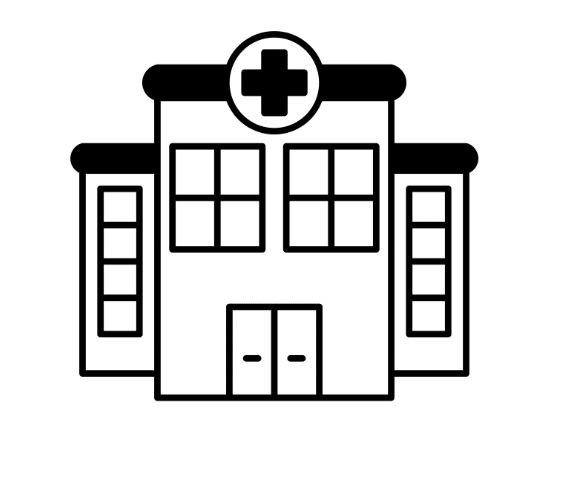Tackling health inequalities
Equal access to bowel cancer treatments in Yorkshire
Using patient data to identify and improve areas of poor practice
Comparing the uptake of emergency operations for heart attack across England
Using registry data to examine rates of emergency coronary intervention across England
Investigating trends in diabetes across ethnic groups
Understanding why diabetes rates vary between ethnic groups
Service planning and population health management
Investigating a novel population health management system to increase access to healthcare for children
Reducing nationwide variation in stroke prevention and treatment
Comparing local performance on managing atrial fibrillation
Using data to plan services for people living with and beyond cancer
Using patient data to look at what happens to someone after receiving a cancer diagnosis
Individual care
Giving cancer patients the right level of treatment
Extending the UK flu vaccination programme to children
Using surveillance data to demonstrate the benefits of vaccinating children against flu
Improving management of chronic kidney disease
Monitoring blood test results alerts GPs if a person’s health is deteriorating
Discovering and improving treatments
Testing the effectiveness of a vaccine for mpox
Improving treatment of teenage anxiety and depression
Analysing trends in prescriptions to teenagers experiencing mental health problems
Monitoring joint replacement surgery
Analysing registry data to improve performance and safety
Supporting research into rare diseases
Using registry data to search for treatments for rare diseases
Patient safety
Demonstrating the safety of an anti-obesity medication
Using data to ensure the safety of medications
Assessing a new treatment for severe asthma
Evaluating the safety of a new treatment through real world clinical data
Disproving the link between the MMR vaccine and autism
Using data to conclusively disprove ideas that pose risks to public health
Health security
How is health data used in the current measles outbreak?
Preparedness to prevent future pandemics
Finding treatments for Covid-19
Rapid trialing of existing and new drug therapies during the Covid-19 pandemic
Identifying Covid-19 as a public health risk through data analysis
Monitoring data to identify emerging risks, such as epidemics











